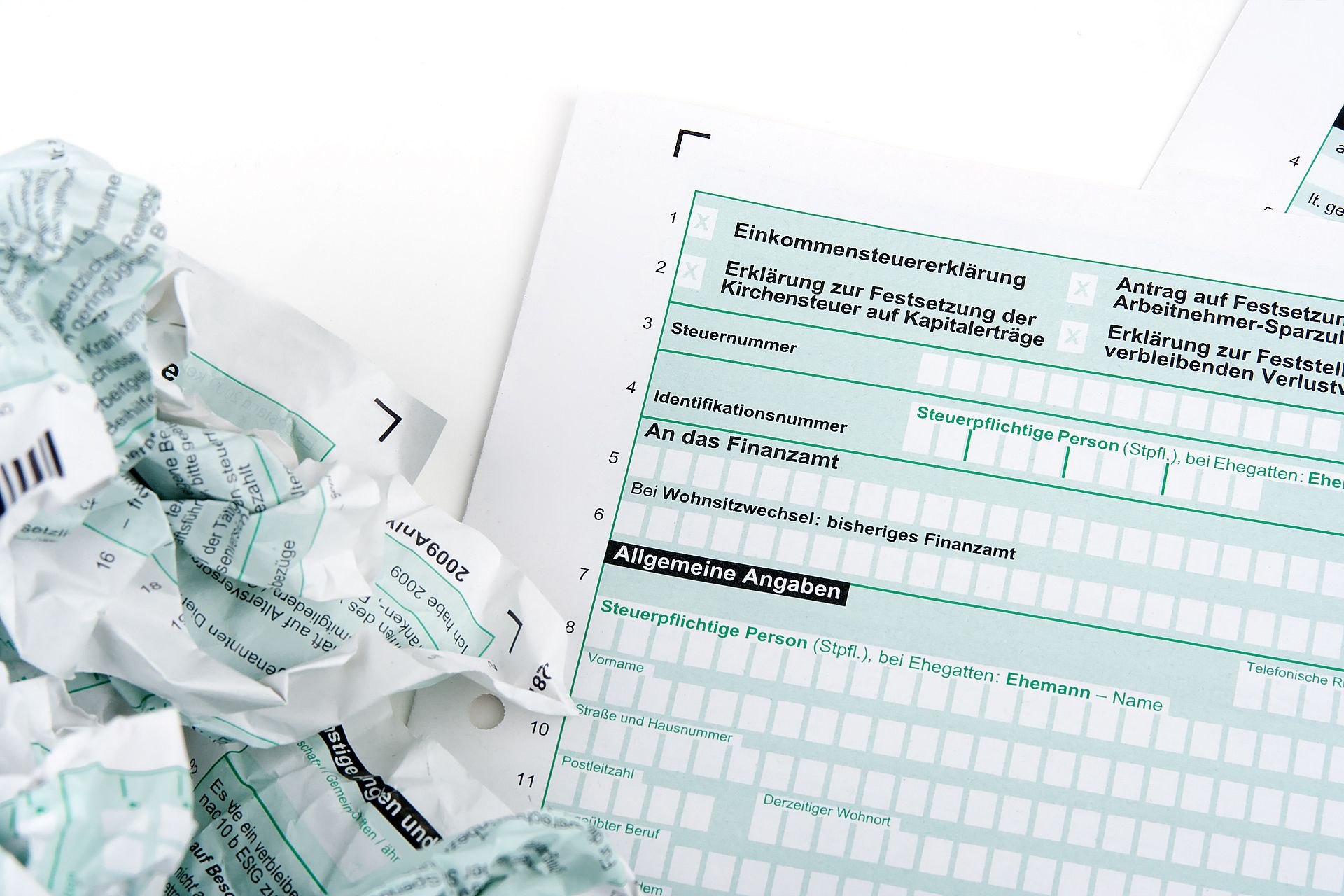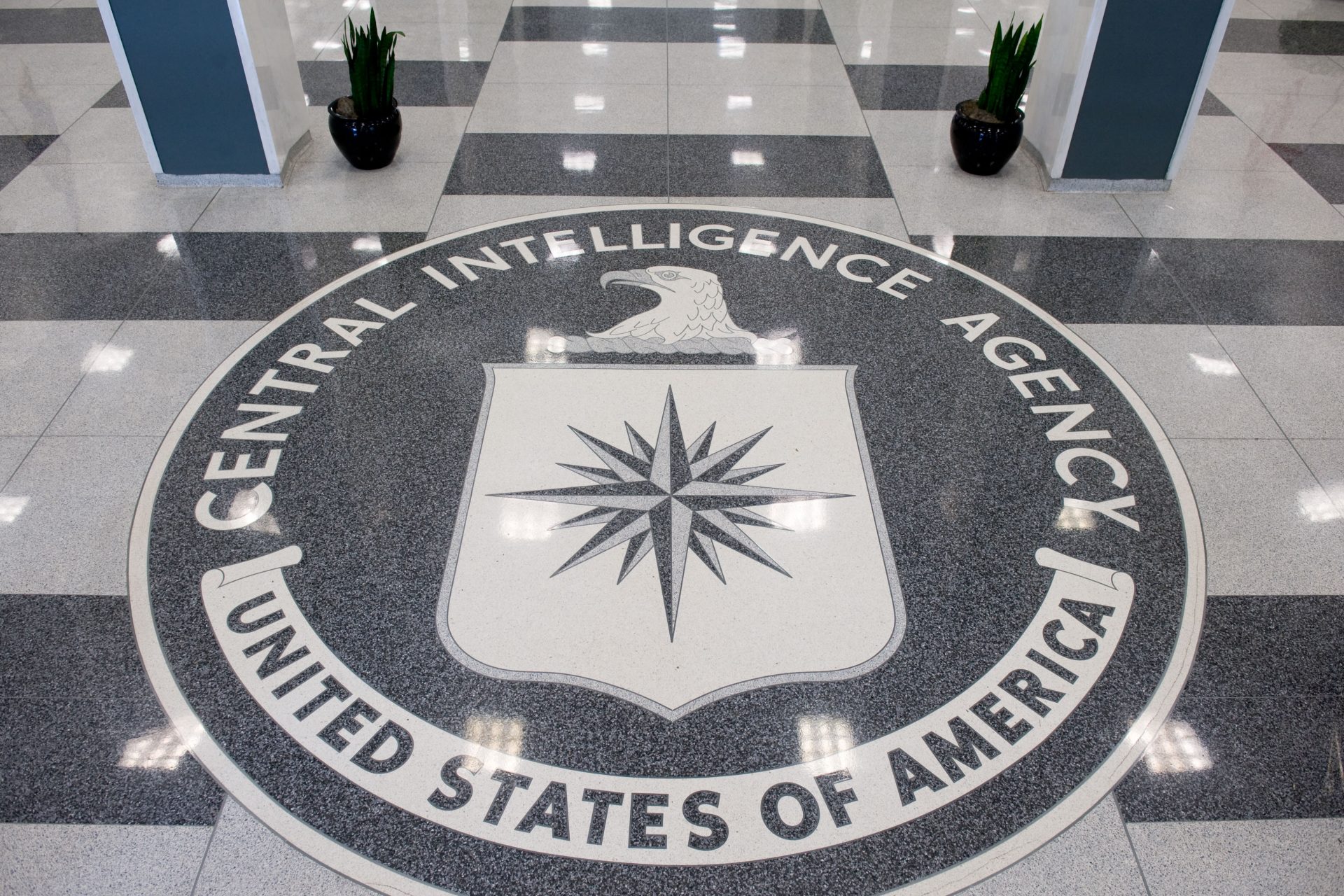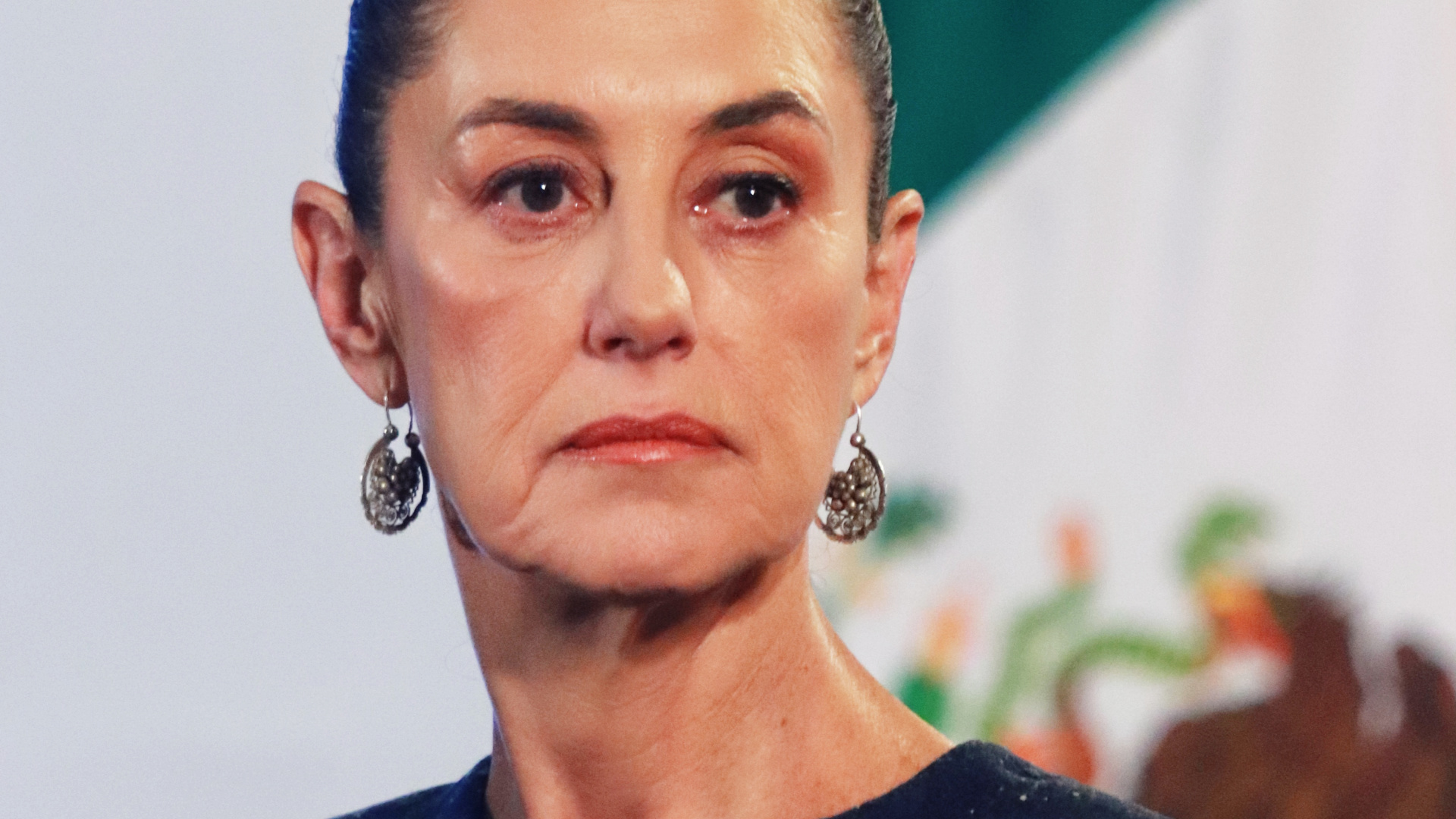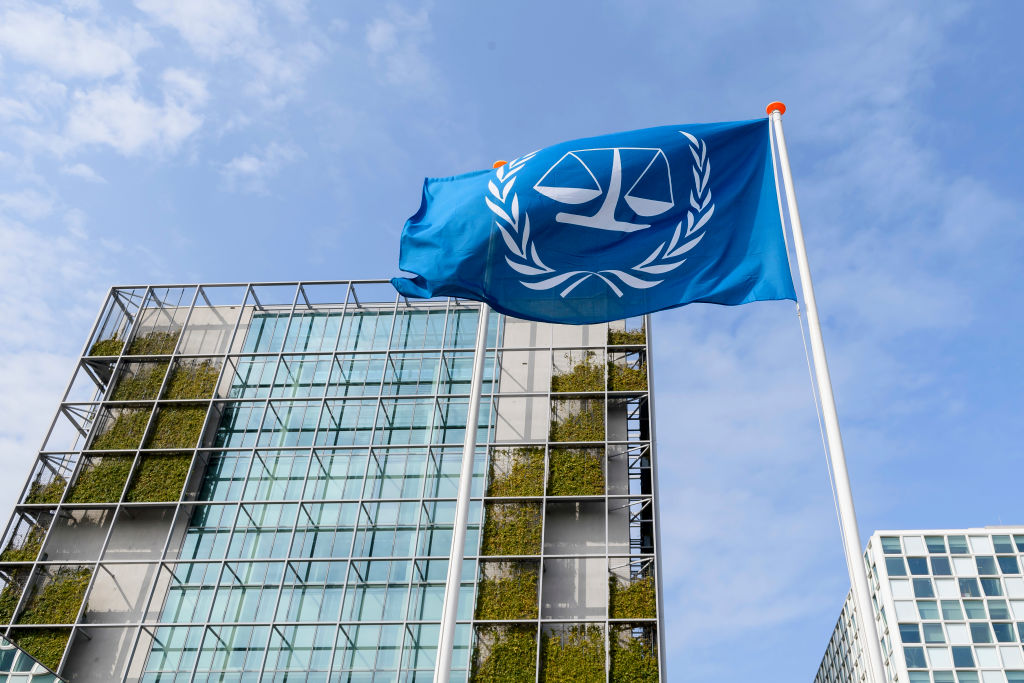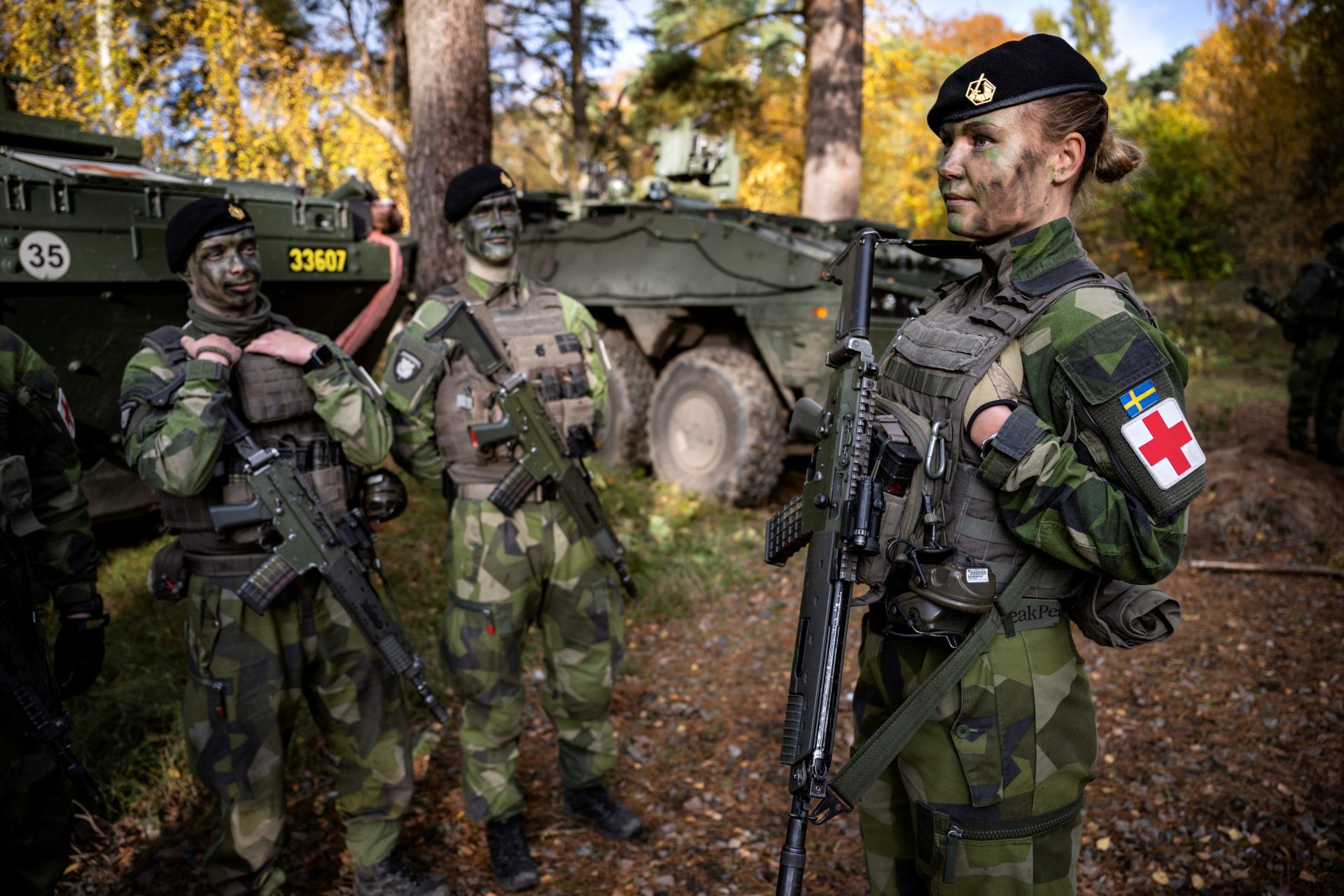After Soledar, can Volodymyr Zelensky win the war?
It's been almost a year since Russian troops invaded Ukraine and the question remains if Volodymyr Zelensky can lead his country to victory.
Zelensky has earned the respect and admiration of the West. TIME magazine even named the Ukrainian President and “the spirit of Ukraine” as their 2022 person of the year.
According to the TIME magazine editors, the choice was “the most clear-cut in memory”. “For proving that courage can be as contagious as fear, for stirring people and nations to come together in defense of freedom, for reminding the world of the fragility of democracy”.
Although Ukraine has made progress in the past months, it's no secret that Russia won't go without a fight.
The Battle of Soledar, in which Russia fought for several months to gain control of the town of Soledar in Donetsk, is proof of that.
The battle has been regarded as one of the bloodiest in the conflict, with hundreds killed on either side and Soledar virtually destroyed.
Zelensky has proven to be far stronger and more resilient than the Kremlin's wildest expectations. But can he actually achieve the unthinkable and defeat one of the biggest armies in the world? Let's look at the facts.
The Crimean Bridge explosion on October 8, the day after Vladimir Putin's birthday, seems to have served as a wake-up call for the Russian military to change its strategy against Ukraine. Since then, the bridge has been repaired.
What is true is that, just a few hours after the attack, Putin assigned General Sergei Surovikin as the military commander of all the Russian troops in Ukraine. Surovikin has been nicknamed "General Armageddon" due to his actions in Syria.
Since then, the BBC reports that missile strikes have dramatically increased all over Ukraine.
On January 2023, Surovikin was replaced by Valery Gerasimov (pictured here with Putin) after three months, leaving many wondering why the sudden replacement after many gains.
The strategy has focused on attacking infrastructure, affecting Kyiv, and leaving key areas in Ukraine without power or communications.
Russia has also attempted to gain legitimacy in its special military operation with a referendum on whether four occupied Ukrainian regions want to be under the rule of Moscow.
Most of the international community denounced the referendum, which took place in late September, as a farce and doesn't recognize the unsurprisingly pro-Russian results.
Meanwhile, the BBC reported back in September that Ukrainian forces managed to recover over 3,000 square kilometers (more than 1,150 square miles) in just a few days after months of apparent stalemate.
To put that in perspective, The New York Times wrote that Ukraine gained more territory in one week than Russia had done in four months.
The BBC highlighted two key factors for Ukraine’s victory in the Kharkiv region. Firstly, the element of surprise in these lighting attacks.
Secondly, weapons provided by the west such as long-range multiple rocket launchers.
Russia’s shocking military setbacks were felt back home where, according to The New York Times, Putin’s image as a brilliant strategist was been put into question.
“It's already clear that we underestimated the enemy,” commented a military analyst from Russian tabloid Moskovsky Komsomolets, who was cited by the BBC. “We suffered a defeat and tried to minimize the loss by withdrawing our troops, so they weren't surrounded”.
However, despite the optimism, Ukrainian Defense Minister Oleksii Reznikov warned at the time that Moscow could prepare a counterattack from the east, which since then has materialized.
Russian troops have seized Soledar and seem to be making their way to the city of Bakhmut, which would cement their position in the Donbas region.
Despite all the goodwill the West has shown to Zelensky, the Ukrainian President knows that this is not enough and has repeatedly requested more money and weapons to fight Russia.
The big question, of course, is if this is enough to win the war.
More for you
Top Stories





























